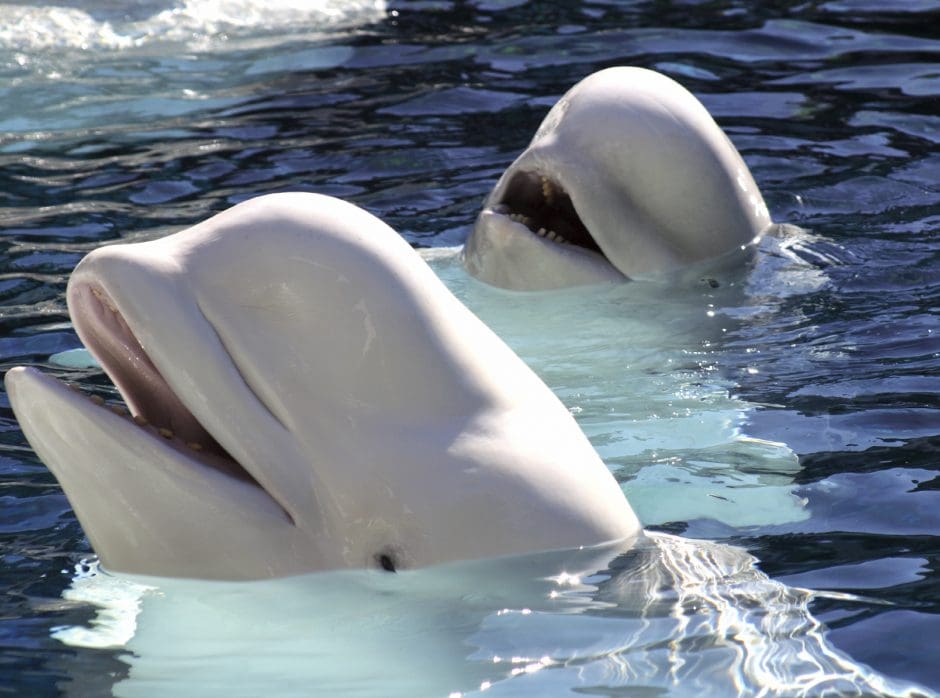Article originally published in The Province.
The shocking video of a terrified dog being forced into a pool of churning water on the set for the Hollywood movie A Dog’s Purpose has put the spotlight on the use of animals in film and television production. It’s an issue acutely relevant in B.C., as the provincial government appears willing to allow local productions to use animals from suppliers facing animal cruelty allegations.
In 2016, the producers of the CBS television show Zoo, which was being filmed in Vancouver, was reportedly planning to use animals from Ontario’s controversial Bowmanville Zoo until pressure from the animal rights group PETA (People for the Ethical Treatment of Animals) convinced CBS to cancel the plan.
PETA had confronted CBS with a shocking viral video showing the zoo’s owner, Michael Hackenberger, allegedly whipping a tiger. Bowmanville Zoo has since closed down and Hackenberger is currently facing animal cruelty charges.
Documents obtained by the Vancouver Humane Society (VHS) through a Freedom of Information (FOI) request have revealed that the B.C. government granted a permit to Hackenberger to supply animals to be used in the making of Zoo, despite strong objections from the BC SPCA, which pointed out that Hackenberger was the subject of an animal cruelty investigation by Ontario SPCA.
The B.C. SPCA also informed government officials that the facility where the animals were to be housed on arrival in B.C. had also been the subject of animal cruelty investigations. (The name of the facility has been redacted from the FOI documents.)
Despite these objections and widespread media coverage of the tiger-whipping video, the B.C. government granted Hackenberger a permit to supply 18 animals, including tigers, lions, leopards and baboons to Zoo’s producers. While CBS was shamed by PETA into cancelling the shipment, the provincial government, oblivious to the ethical alarm bells, was happy to see the animals shipped across the country from one captive animal facility facing cruelty allegations to another.
CBS is currently filming another season of Zoo in Vancouver. It is not known if they are using live animals in the production.
These revelations hardly inspire confidence in the provincial government when it comes to protecting animals used in B.C. film and television productions. The same could be said of the industry itself, which took no role in determining whether the animals from Bowmanville should be used or not.
The industry has relied in the past on the presence of representatives of the American Humane Association (AHA) on production sets. But as the BC SPCA pointed out in its objections to Zoo’s plans, the AHA has no legal jurisdiction for animal welfare in Canada.
It’s worth noting that the AHA had a staff member on the set of A Dog’s Purpose, when the dog was thrown in the pool. Perhaps more troubling, the AHA was the subject of a damning 2013 exposé by the Hollywood Reporter, which alleged that the association underreported incidents of animal abuse on television and movie sets. Similar allegations were made in a Los Angeles Times story in 2001. Can the AHA really be relied on to ensure “no animals were harmed” in the productions it monitors?
Even if the safety and welfare of animals can be effectively monitored during production, what happens when the cameras are turned off? Too often, it means that lions, tigers and other exotic animals are returned to their cages at the animal rental agencies to languish until the next job. B.C. is home to several such agencies, which are not subject to regular inspection.
While no one is suggesting banning domestic animals such as cats, dogs and horses from our screens, the entertainment industry needs to guarantee their safety and well-being. But with advances in Computer Generated Imagery (CGI) it is no longer necessary to use captive wild or exotic animals to make movies and television shows. They should be retired to sanctuaries along with any other captive exotic animal that is not part of a genuine conservation program.
When it comes to compromising animal welfare for the sake of entertainment, it’s time to say “cut.”

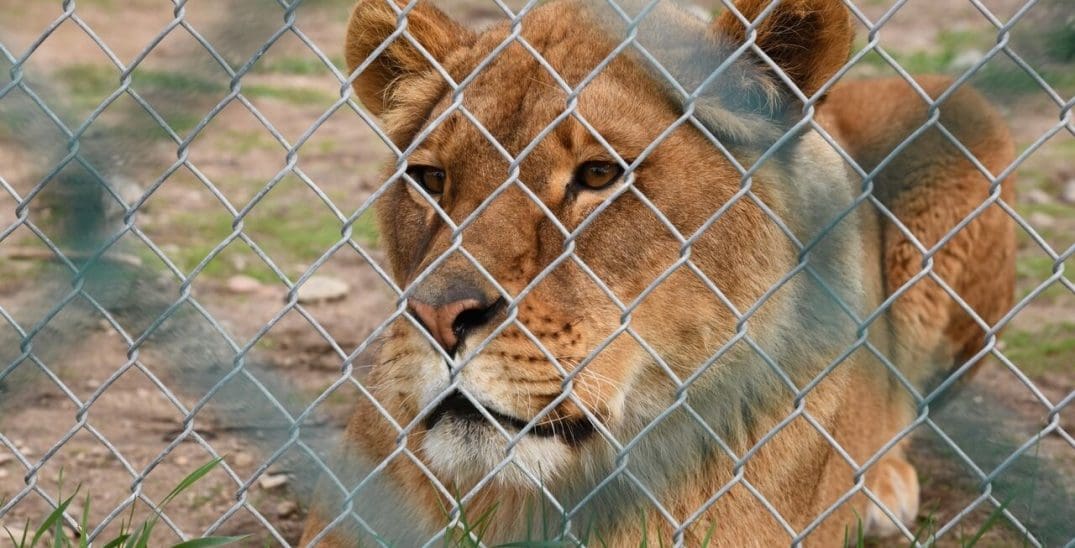
 VHS is joining the call for CBS to end the use of wild animals in the filming of its show “Zoo”. The Vancouver-shot series is based on James Patterson’s 2012 novel by the same name and is a thriller about a zoologist’s investigation into a wave of violent animal attacks against humans around the world.
VHS is joining the call for CBS to end the use of wild animals in the filming of its show “Zoo”. The Vancouver-shot series is based on James Patterson’s 2012 novel by the same name and is a thriller about a zoologist’s investigation into a wave of violent animal attacks against humans around the world.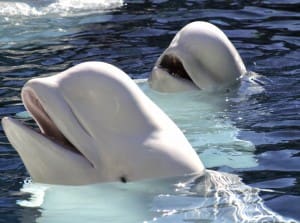 Last week, SeaWorld announced that, effective immediately, it is ending its orca breeding program and will be phasing out its theatrical shows involving orcas.
Last week, SeaWorld announced that, effective immediately, it is ending its orca breeding program and will be phasing out its theatrical shows involving orcas.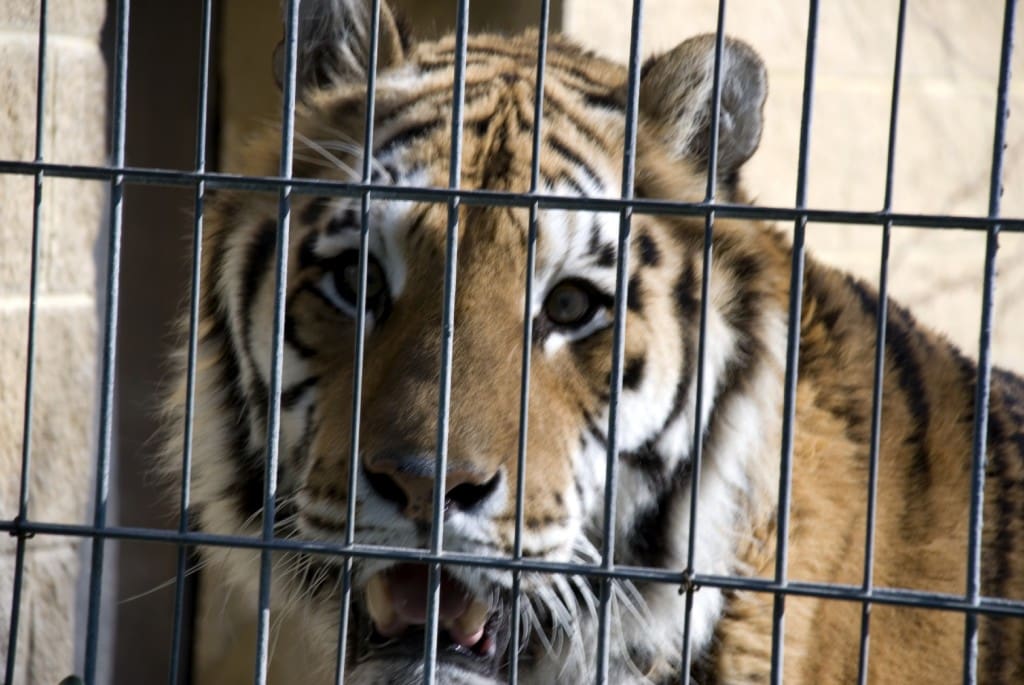
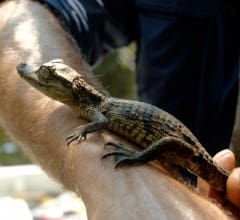
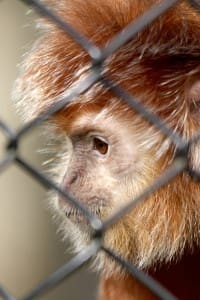 Over the years, VHS has seen a number of animal businesses exposed for what they really are. In 2010, Cinemazoo, an animal rental agency based in Surrey, was
Over the years, VHS has seen a number of animal businesses exposed for what they really are. In 2010, Cinemazoo, an animal rental agency based in Surrey, was 
